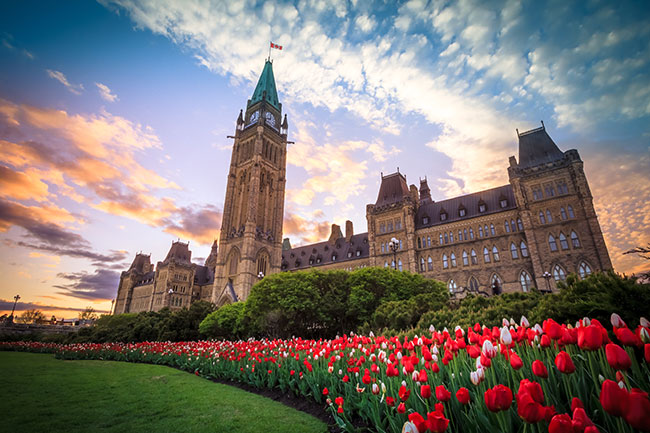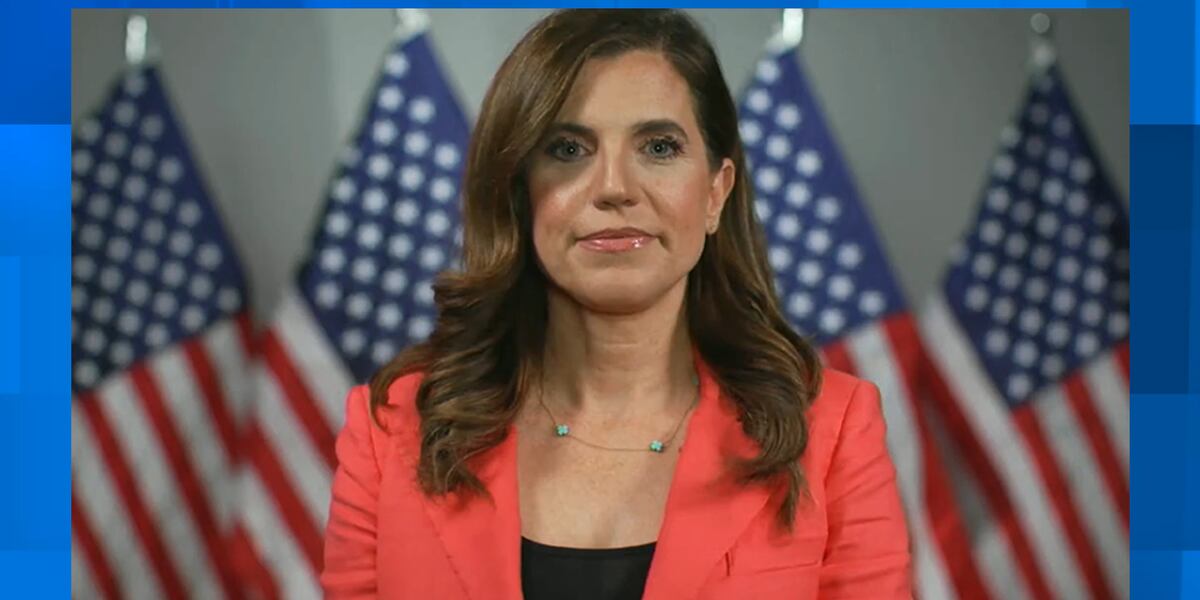Is The Liberal Platform Right For You? A Detailed Review

Table of Contents
Core Tenets of the Liberal Platform
Liberalism, as a political ideology, emphasizes individual rights and freedoms within a democratic framework. Its foundational principles advocate for social justice, equality before the law, and a belief in the power of government to address societal problems and protect citizens. This differs significantly from ideologies that prioritize individual liberty above all else, such as libertarianism.
- Emphasis on Individual Rights and Freedoms: Liberals believe in protecting fundamental rights, including freedom of speech, religion, and assembly.
- Social Justice and Equality: A core tenet is the pursuit of equality and the dismantling of systemic inequalities based on race, gender, sexual orientation, and socioeconomic status.
- Government Regulation: Liberals generally support government regulation to protect consumers, workers, and the environment, believing that unchecked capitalism can lead to exploitation and harm.
- Social Safety Nets: They advocate for social programs designed to provide a safety net for the most vulnerable members of society, such as unemployment benefits, affordable healthcare, and subsidized housing.
These principles translate into specific policies aimed at creating a more just and equitable society. Thinkers like John Stuart Mill, with his emphasis on individual liberty, and John Rawls, known for his theory of justice as fairness, have profoundly shaped modern liberal thought. Their contributions continue to inform contemporary liberal policies and debates.
Key Liberal Policies and Their Impact
Economic Policies
Liberal economic policies often focus on mitigating economic inequality and promoting shared prosperity.
- Progressive Taxation: Higher earners pay a larger percentage of their income in taxes, allowing for funding of social programs and public services. This contrasts with regressive tax systems, where the burden falls disproportionately on lower earners.
- Government Regulation of Businesses: Regulations are implemented to prevent monopolies, protect workers' rights, and ensure environmental protection. Critics argue this can stifle economic growth, while proponents emphasize its role in preventing exploitation.
- Social Programs: Initiatives like universal healthcare, affordable housing initiatives, and robust unemployment benefits aim to provide a safety net and improve the quality of life for all citizens.
- Investment in Education and Infrastructure: Liberals advocate for increased investment in public education and infrastructure development to create economic opportunities and improve the overall standard of living.
Social Policies
Liberal social policies champion individual rights and freedoms, striving for a society where everyone is treated with dignity and respect.
- LGBTQ+ Rights: Support for same-sex marriage, anti-discrimination laws, and equal rights for LGBTQ+ individuals are central to the liberal platform.
- Reproductive Rights: Liberals generally advocate for access to safe and legal abortion and comprehensive sex education. This is often a point of significant debate with more conservative ideologies.
- Racial Justice Initiatives: Addressing systemic racism through policies aimed at promoting equality in areas like housing, employment, and the criminal justice system are key focuses.
- Criminal Justice Reform: Advocating for alternatives to incarceration, reducing mass incarceration rates, and addressing racial bias within the justice system are core policy goals.
- Environmental Protection: Strong environmental regulations and investments in renewable energy are vital aspects of the liberal approach to safeguarding the planet.
Foreign Policy
The liberal approach to foreign policy often emphasizes international cooperation and diplomacy.
- International Cooperation: Working with international organizations and other nations to address global challenges, such as climate change and terrorism, is a priority.
- Diplomacy: Preferring diplomatic solutions over military intervention whenever possible.
- Humanitarian Intervention: While debated, humanitarian intervention in cases of gross human rights violations is sometimes considered justifiable.
- Support for Human Rights Globally: Promoting democracy, human rights, and the rule of law around the world.
Comparing Liberalism to Other Ideologies
Understanding the liberal platform requires comparing it to other ideologies. Conservatives, for example, generally favor less government intervention in the economy and a more traditional approach to social issues. Libertarians prioritize individual liberty above all else, often advocating for minimal government involvement in both economic and social matters. Socialists, conversely, advocate for greater government control over the means of production and distribution of wealth.
| Ideology | Economic Approach | Social Approach |
|---|---|---|
| Liberal | Government regulation, social programs | Social justice, individual rights |
| Conservative | Free market, limited government | Traditional values, limited government intervention |
| Libertarian | Minimal government intervention | Maximum individual liberty |
| Socialist | Government control of means of production | Emphasis on economic equality |
This table simplifies complex ideologies; however, it provides a useful comparison. Further research into "conservative platform," "libertarian platform," and "socialist platform" will offer a more complete picture.
Finding Your Place on the Political Spectrum
Exploring your political beliefs is an ongoing process. Several resources can help you find your place on the political spectrum:
- Online Political Quizzes: Many websites offer quizzes to assess your political leanings.
- Political Party Websites: Reviewing the platforms of different political parties can provide valuable insight.
- Credible News Sources and Academic Research: Seek information from reputable sources to develop a well-informed understanding.
Informed decision-making is crucial. Take your time, research different perspectives, and consider the potential implications of various policies before determining your political affiliation.
Conclusion
This review highlights the core tenets and key policies of the liberal platform, emphasizing its commitment to individual rights, social justice, and government regulation to address societal challenges. Understanding the nuances of liberal ideology—and its contrasts with conservatism, libertarianism, and socialism—is essential for informed political participation. Understanding the liberal platform is a crucial step in navigating the complex world of politics. Continue your exploration of political ideologies to determine if the liberal platform is right for you. Further research on related topics like "liberal vs conservative," or "progressive policies" can help solidify your understanding.

Featured Posts
-
 New Five Point Plan From Canadian Auto Dealers Addresses Growing Us Trade Concerns
Apr 24, 2025
New Five Point Plan From Canadian Auto Dealers Addresses Growing Us Trade Concerns
Apr 24, 2025 -
 Nancy Mace Faces Heated Confrontation With Constituent In South Carolina
Apr 24, 2025
Nancy Mace Faces Heated Confrontation With Constituent In South Carolina
Apr 24, 2025 -
 Significant Office 365 Data Breach Results In Multi Million Dollar Loss
Apr 24, 2025
Significant Office 365 Data Breach Results In Multi Million Dollar Loss
Apr 24, 2025 -
 Months After Ohio Derailment Toxic Chemical Residues Found In Buildings
Apr 24, 2025
Months After Ohio Derailment Toxic Chemical Residues Found In Buildings
Apr 24, 2025 -
 Is The Liberal Platform Right For You A Detailed Review
Apr 24, 2025
Is The Liberal Platform Right For You A Detailed Review
Apr 24, 2025
